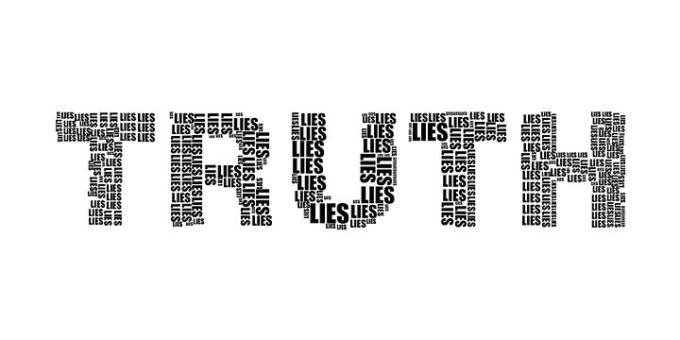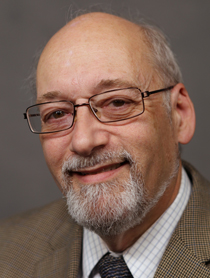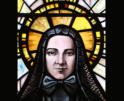
Culture
Our politics seems like war by other means. Groups at both political extremes have become violent. A "cancel culture" favors attacking the legacy and tearing down the statues of Americans we have honored as great thinkers, leaders and even saints.

Doerflinger
Once upon a time, many people assumed that dogma, especially religious dogma, was the enemy of freedom and friendship. If only we relaxed and let each person live by his or her own truth, we could love each other and the world would be a paradise. John Lennon's "Imagine" was the anthem of this belief.
Here we are, decades later, in the age of diversity and inclusion. Relativism, the claim that all claims to objective truth should be questioned, is the religion of our intellectual elites and has spread through our culture.
And in case you hadn't noticed, Americans are at each other's throats.
Our politics seems like war by other means. Groups at both political extremes have become violent. A "cancel culture" favors attacking the legacy and tearing down the statues of Americans we have honored as great thinkers, leaders and even saints.
Social media giants censor or exclude people whose ideas they judge offensive, including people whose crime is to defend Christian teachings on sexuality and marriage. Our universities establish speech codes and "safe spaces" to ensure that students will not encounter offensive speech from professors or other students -- which may include simply speech that disagrees with them.
How to account for this?
The problem with each person having his or her own "truth" is that it leaves nothing to be reasonably debated. And, in practice, being secure in my reality requires support from other people, each of whom has a personal version of truth to advance.
One example is the increasingly contentious issue of what Pope Francis calls gender ideology. If I, a biological male, identify as a woman, others must use what I see as the appropriate pronouns, provide access to women's restrooms and locker rooms, even let me use my physical advantages to win women's athletic contests. If others refuse to do these things because they believe differently about gender, they are my enemies.
Another way and better way to advance equality and diversity was recently outlined by Daniel Philpott, a professor of political science at the University of Notre Dame. Writing Feb. 25 in the student-run newspaper, The Observer, he presented 10 theses -- only a few of which I can paraphrase here.
First, it is the Bible and the Christian tradition that provide a firm foundation for the equal worth and dignity of everyone, by insisting that we were all made by a loving God in the divine image and likeness. Every ideology, such as racism, that treats some people as having less value is intrinsically evil.
That basic truth is not only for Christian believers, as it is enshrined in our nation's Declaration of Independence. All of us have the same unalienable rights.
Second, because of our innate dignity, each of us must be free to seek out the truth for ourselves. We are committed to religious freedom not because there is no objective truth, but because arriving at the truth has little meaning if it is coerced by others. That grounds a commitment to academic freedom as well, without compromising a Catholic institution's ability to propose and live by the truths it has learned by pondering reason and revelation over the centuries.
Third, if we can agree that some truths transcend personal desires, we have something to discuss and even argue about without losing respect for each other. We are looking in the same direction, and disagreeing about what we see. But we're doing it together.
What may help heal our current divisions? Engagement with our culture by Catholics, and Catholic educators, who understand these truths.
- Richard Doerflinger worked for 36 years in the Secretariat of Pro-Life Activities of the U.S. Conference of Catholic Bishops. He writes from Washington state.
Recent articles in the Culture & Events section
-
Scripture Reflection for April 14, 2024, Third Sunday of EasterDeacon Greg Kandra
-
St. Helena's House is established in the South EndThomas Lester
-
Is this synodality?Russell Shaw
-
Poking the hornet's nest of IVFFather Tadeusz Pacholczyk
-
A eucharistic word: MissionMichael R. Heinlein


















